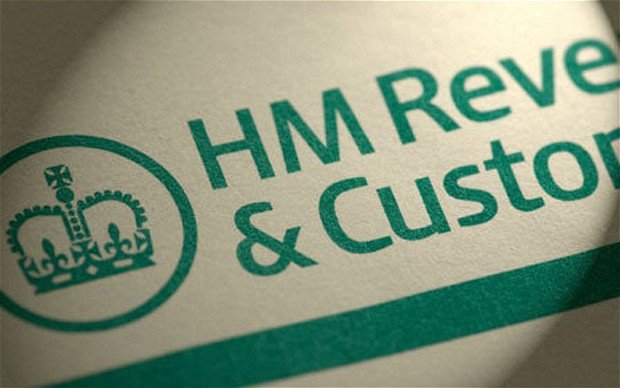The Employment Allowance (EA), which entitles employers to up to £3,000 a year off their National Insurance contribution (NICs) bill, is to be restricted to smaller employers.
Philip Hammond, Chancellor of the Exchequer, explained in his 2018 Budget speech that the allowance was originally introduced to incentivise business to take on employees.
“But at a flat rate of £3,000 per employer, it does not provide any real incentive for larger employers. So, from April 2020, we’ll target it at small and medium businesses with an Employer NICs bill under £100k a year,” he said.
The EA works by reducing employers’ (secondary) Class 1 NI each time the payroll is run until the £3,000 has gone or the tax year ends (whichever is sooner).
Employers can only claim against Class 1 NI they’ve paid, up to a maximum of £3,000 each tax year. Employers can still claim the allowance if they pay less than £3,000 a year.
It is believed that the £100,000 NICs bill threshold will ensure that most micro and small employers will still be able to claim the allowance.


